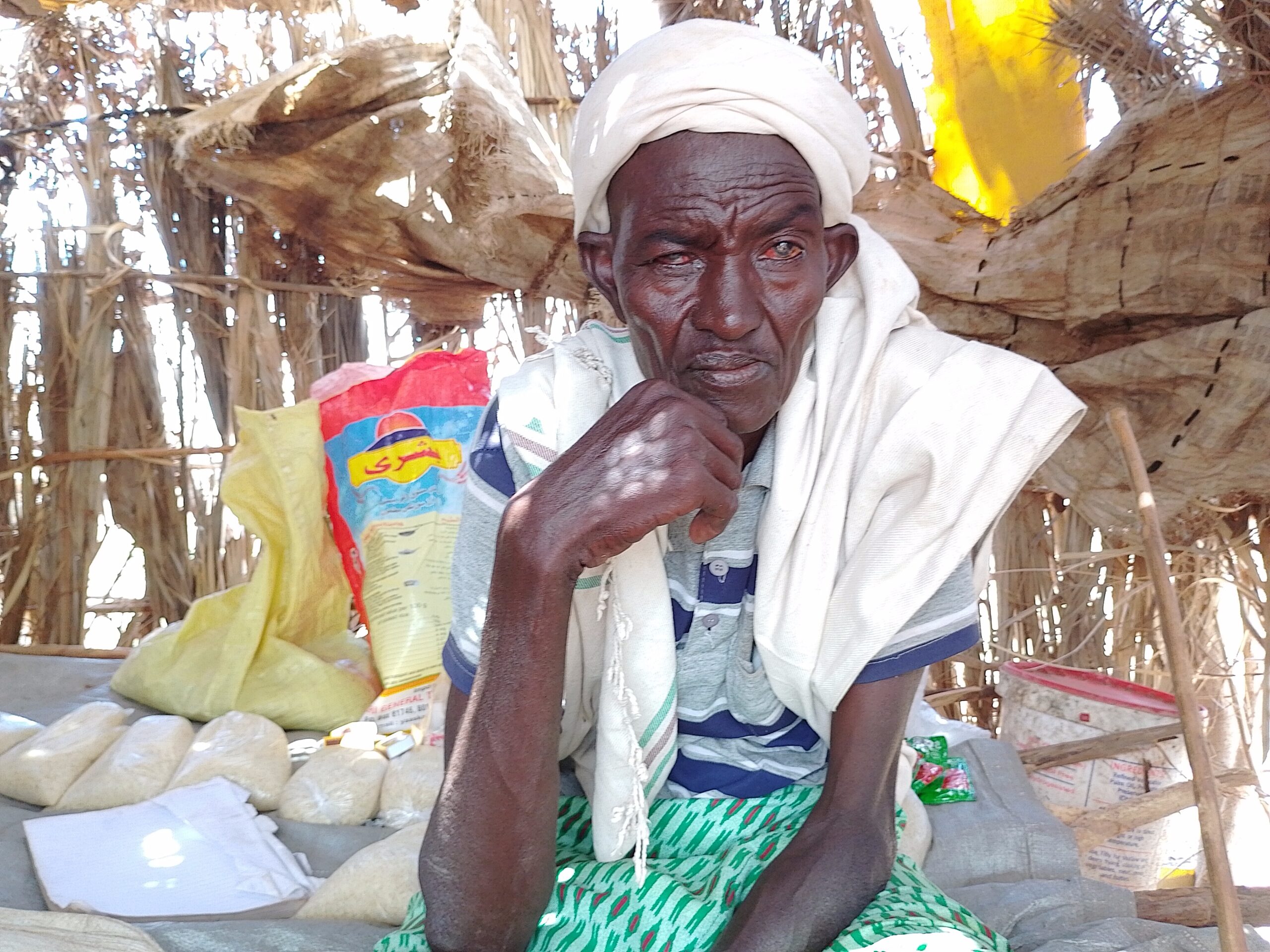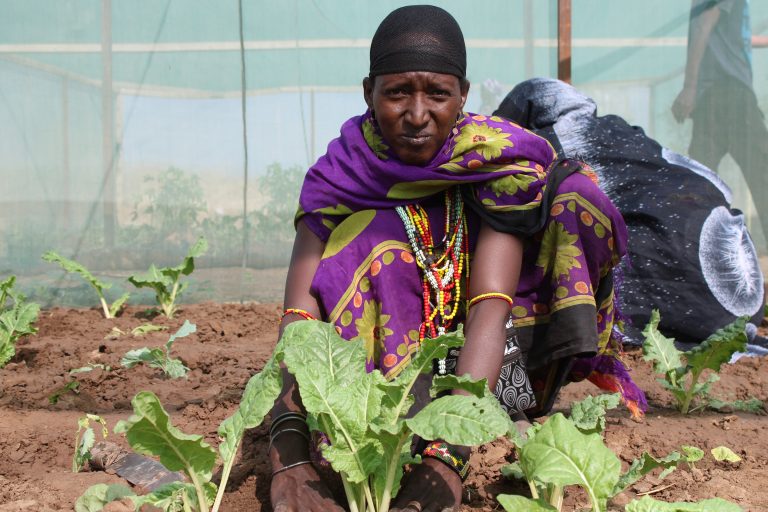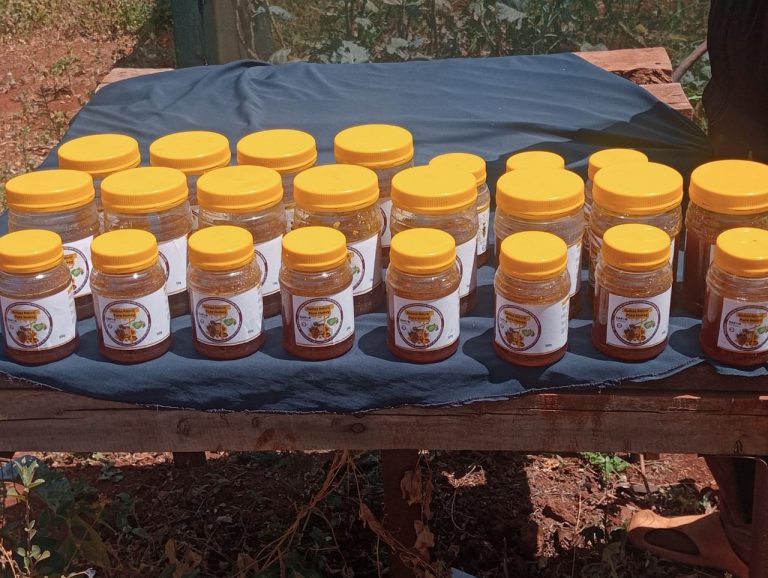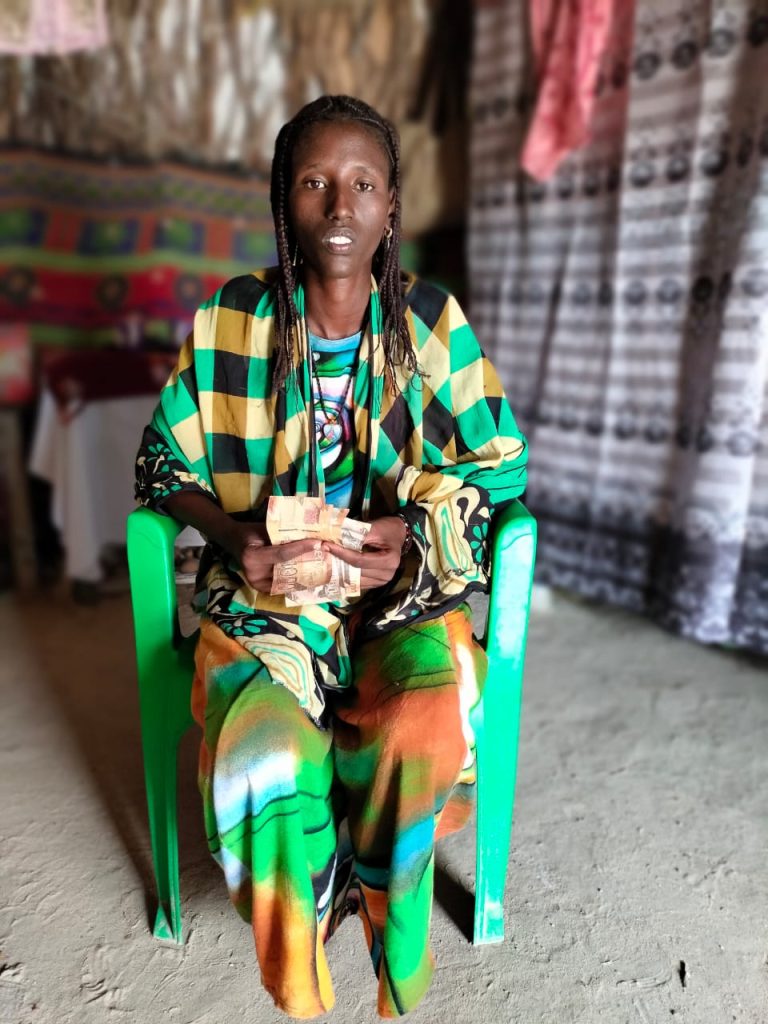In the heart of the vast Chalbi desert lies the remote village of Elboru Magatho. Marked by the scars of past floods and the relentless sun, this arid land is home to a resilient community that thrives despite the odds. Among them is Gollo Athi Golbo, a 55-year-old visually impaired man whose story is a testament to determination, perseverance, and hope.
Gollo’s early years were filled with the simple joys of rural life, playing with friends and embracing the traditions of his Gabra community. But at just nine years old, tragedy struck when an accident damaged his right eye, leaving him blind. Over time, his vision deteriorated further, making even basic survival a challenge.
Despite his disability, Gollo pursued his dreams of building a family. He married and was blessed with five children. However, providing for them proved difficult. Without formal education or the ability to engage in manual labor, he struggled to make ends meet. His livelihood depended on livestock, but droughts and harsh conditions threatened his ability to support his family.
For decades, Gollo relied on pastoralism, raising camels and goats. However, a recent prolonged drought that gripped the horn of Africa including Marsabit County for over three years devastated communities, drying up water sources, killing livestock, and leaving families without food.
“Though there have always been droughts, nothing compares to this recent one,” Gollo explains. “It brought everyone to the same level of vulnerability. There was no one to turn to.”
As the drought persisted, hope arrived in the form of Caritas Marsabit, with support from GFFO and Sign of Hope. Their emergency life-saving project provided cash assistance to the most vulnerable households, including Gollo’s family. But for Gollo, this was more than just relief—it was an opportunity.
With careful planning, he invested part of the cash assistance into launching a small business selling food items in his village.
“I thought deeply about what I could do to sustain myself beyond the four months of assistance. That’s when I decided to start selling foodstuff,” he shares.
Gollo started small, with an initial stock worth Ksh 1,000. With each cycle of assistance, he reinvested, growing his small business with an additional Ksh 3,000. Over time, he turned his modest enterprise into a stable source of income.
Today, Gollo runs a thriving small business in his village. Despite his disability, he has found a way to support his family, ensuring they have food, education, and a better future.
“I was overjoyed when I learned I had been selected for cash assistance. Caritas, its donors, and my community leaders have changed my life. I now have a way to provide for my family,” he says with gratitude.
Looking ahead, Gollo dreams of expanding his business, reaching neighboring livestock camps, and partnering with herders to create a sustainable livelihood. His journey from hardship to hope is an inspiration, showing the power of resilience, support, and community solidarity.
In a world often defined by adversity, Gollo Athi Golbo’s story serves as a reminder of the strength of the human spirit. His unwavering determination, coupled with the support of humanitarian organizations, has transformed his life. As he continues his journey, Gollo stands as a testament of hope, proving that even in the toughest conditions, self-reliance and dignity are within reach.







Hi, this is a comment.
To get started with moderating, editing, and deleting comments, please visit the Comments screen in the dashboard.
Commenter avatars come from Gravatar.